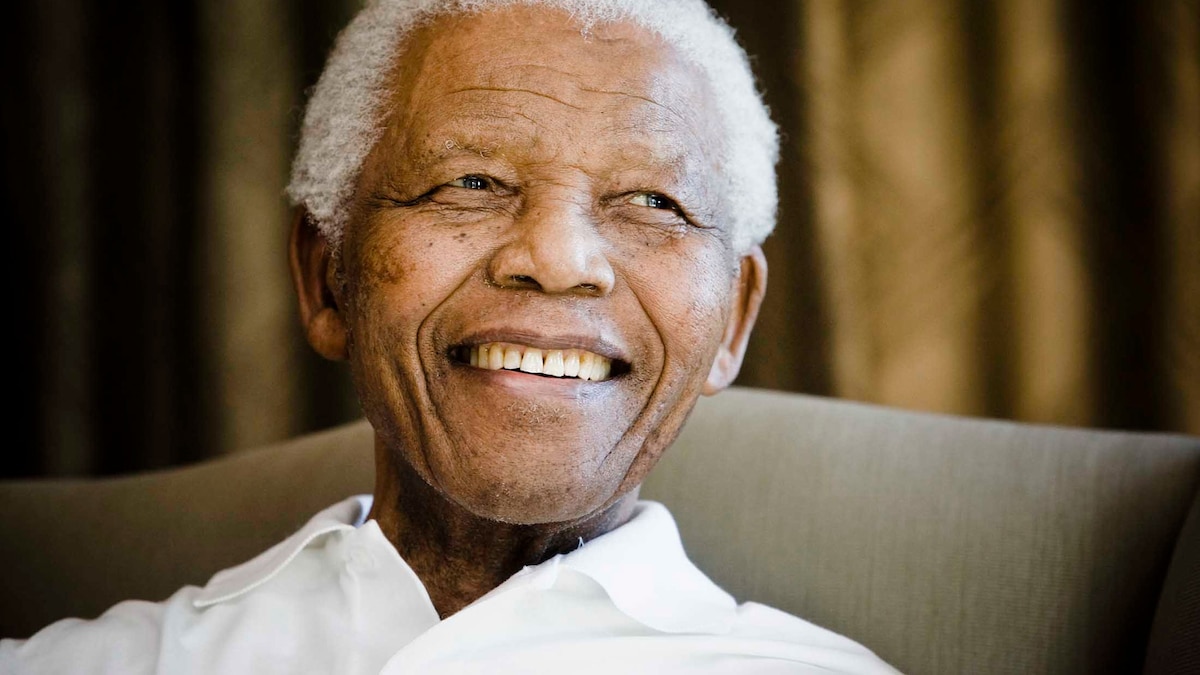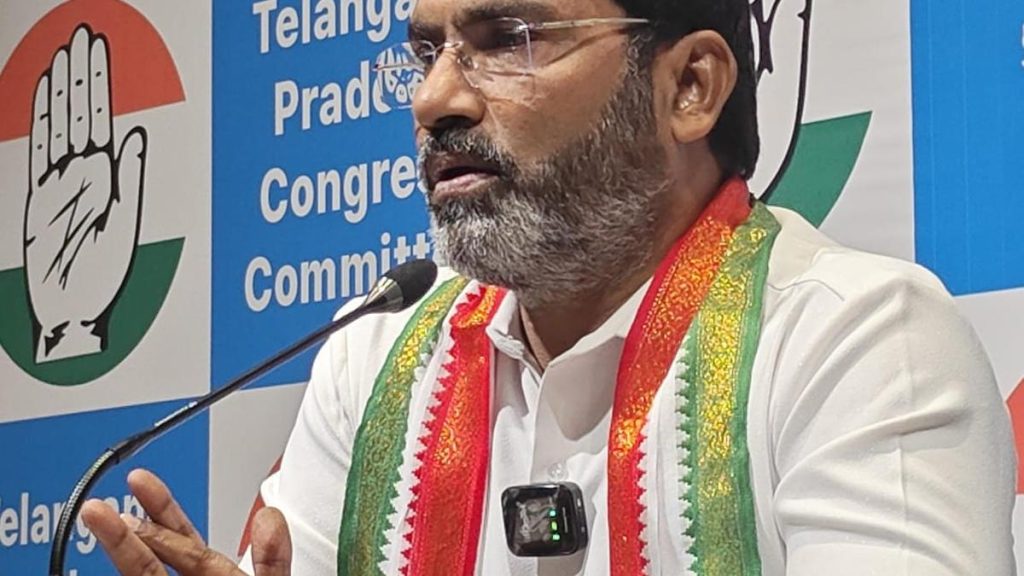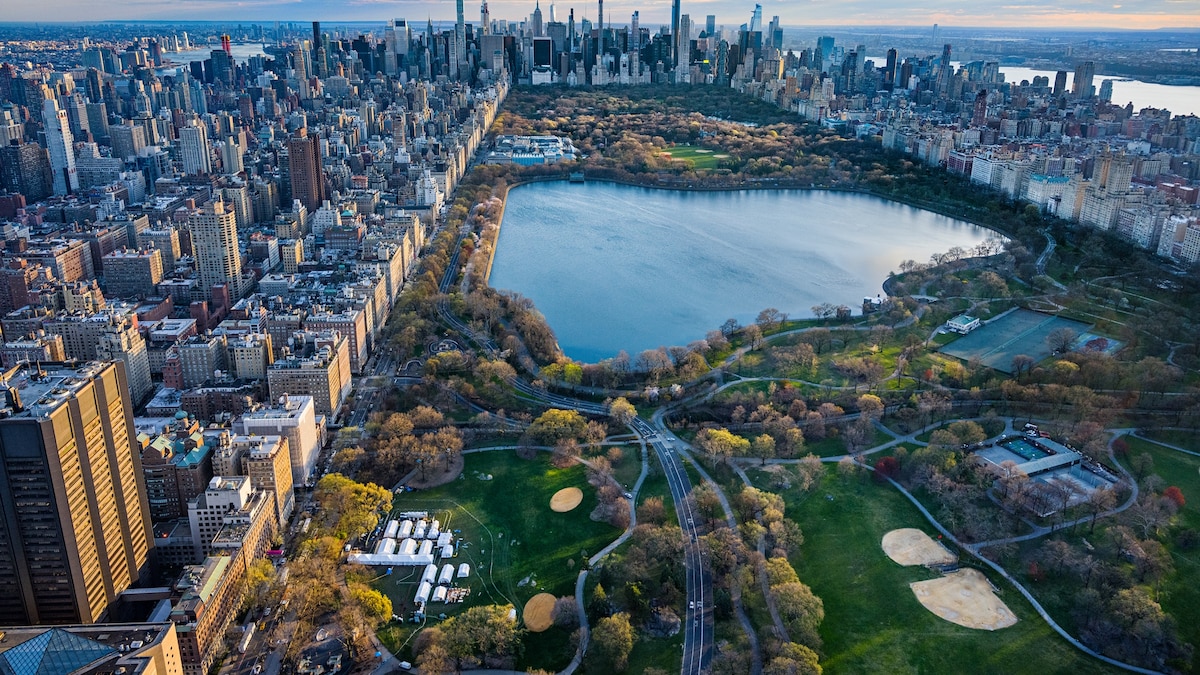Now Reading: Nelson Mandela’s Fight Against Apartheid: The Unfinished Legacy
-
01
Nelson Mandela’s Fight Against Apartheid: The Unfinished Legacy
Nelson Mandela’s Fight Against Apartheid: The Unfinished Legacy

Speedy Summary
- Nelson Mandela was born on July 18, 1918, in the Union of South Africa under British rule, characterized by racial segregation and institutionalized apartheid.
- Mandela’s early life shaped his activism: He attended the University of Fort Hare but was expelled for protesting; fled an arranged marriage; and moved to Soweto, becoming active in anti-apartheid efforts.
- In 1952, Mandela led the Defiance Campaign advocating nonviolent law violations. Arrested multiple times, he faced trials such as the Treason Trial (1956-61) and Rivonia Trial (1963-64).
- While imprisoned from 1964 to 1990 under harsh conditions as a political prisoner:
– His words were banned but gained global fame.
– International calls for sanctions made South Africa an international pariah.
– refused offers of release contingent upon renouncing violence.
- Released in 1990 by President F.W. de Klerk amid national unrest and international pressure:
– Negotiated majority rule constitution with de Klerk leading up to apartheid’s repeal (1991).
– Became president in South Africa’s first democratic elections (1994), sharing a Nobel Peace Prize with de Klerk.
- Mandela’s presidency focused on reconciliation through initiatives like South Africa’s Truth and Reconciliation Commission. Criticisms included handling economic issues and violence during his tenure.
- After leaving office in 1999, he worked on poverty alleviation and fighting HIV/AIDS awareness until his death at age 95 in 2013.
Indian Opinion Analysis
Mandela’s legacy as a symbol of resistance against inequality has profound relevance for societies grappling with systemic discrimination worldwide-including India-with its own past struggles against casteism, communal divisions, or colonial subjugation. His emphasis on reconciliation over retribution through institutions like the Truth and Reconciliation Commission offers lessons applicable globally. India’s experience navigating socio-political healing after Partition or caste-based challenges aligns with such principles.
Moreover, Mandela’s ability to gain global support highlights how moral conviction can transform localized struggles into global movements-a key insight for activists across sectors calling attention to challenges like climate justice or minority rights. However imperfect governance may follow revolutions aiming at equality-similar critiques leveled at leaders post-Independence-the importance lies in sustaining democratic aspirations beyond mere freedom from domination.
Mandela Day serves as a reminder that transformative change requires enduring commitment-a principle that resonates today across nations striving toward greater equity.Read More
























